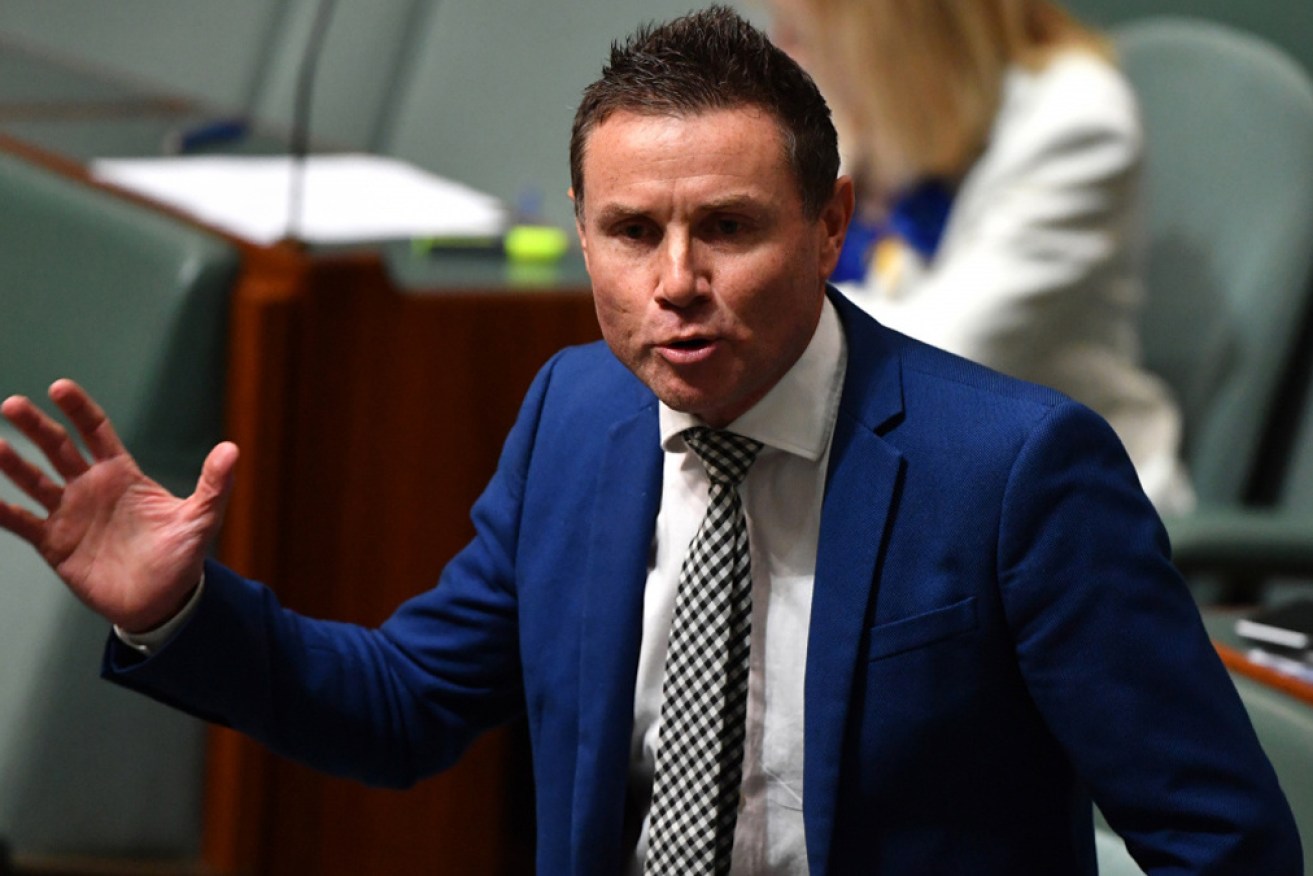Not even empathy trainers think courses will fix the culture in Parliament


The PM has sent Andrew Laming off for empathy training, but will it work? Photo: AAP
Do you consider yourself a perfectionist? Do you like listening to others? Do you feel disturbed by others’ misfortunes?
Depending on your answers, you might need an empathy training course.
According to our political class, empathy training is the way to stop politicians from behaving badly, with the PM ordering Queensland MP Andrew Laming to take a course after he trolled two women in his electorate.
Deputy PM Michael McCormack has enrolled the Nationals, too.
But many Australians – including empathy trainers – are sceptical.
The culture in Parliament is so insidious they need far more than empathy training to fix it, Empathy First Training & Coaching founder Leanne Butterworth said.
“It should not be used as a first step in addressing these behaviours,” Ms Butterworth told The New Daily.
“For the level of behaviour we’ve seen, I don’t know that looking outwards is the answer.”
Last week, Dr Laming announced he would take health leave from politics to undergo his behaviour change course, which was his punishment for harassing a number of women, including an alleged ‘upskirting’ incident.
But empathy training only works for people who want to engage with the training and learn how to connect better with others, Ms Butterworth said.
It won’t work as a punishment or a replacement for the serious therapy that some may need, she added.
“I think (some politicians) need more self-reflection, consequences and therapy first,” Ms Butterworth said.
“Empathy training isn’t a Band-Aid. It’s not a punishment. It’s not the naughty corner.
“Empathy training is for people who really want to grow and are interested in positive relationships.
“If you’re not quite there yet, then there’s a bit of self-development before empathy training.”
So what exactly is it?
One of the primary objectives is learning to listen properly, Ms Butterworth said.
It’s about building connections that foster understanding, without getting burnt out, she said.
“The key to it is making people feel heard, learning to listen. A lot of people can’t do that – you can’t empathise if you’re not listening,” she said.
“We think our value is in giving solutions, in providing advice when it wasn’t asked for, and as a result, we make assumptions.”
Katherine Teh is an empathy trainer and director of Future Eye, a Melbourne firm that advises the government on myriad things, including empathy.
She begins an empathy training course by splitting the group in two.
“Some people get to share their emotional experiences, then we ask the other person what they are communicating, to demonstrate different levels of listening,” Ms Teh said.
“There are five levels of listening. A lot of people don’t go beyond the first level, which is self-focused listening where someone goes, ‘Oh my mother passed away,’ and they answer with, ‘Yeah my mother passed away too’.
“Level five is generating new human insights from shared communication. It’s powerful because it connects people.”
But does it work?
Research has shown that empathy is not something we are either born with or without, but can be taught throughout our lives.
Ms Teh said research proved humans who hold more privilege will turn on those regarded as less socially favourable unless they can empathise with them.
“George Orwell wrote about it: Absolute power corrupts absolutely. This is known,” Ms Teh said.
“So if we want institutions to be empathetic, we need people to understand each other.”








